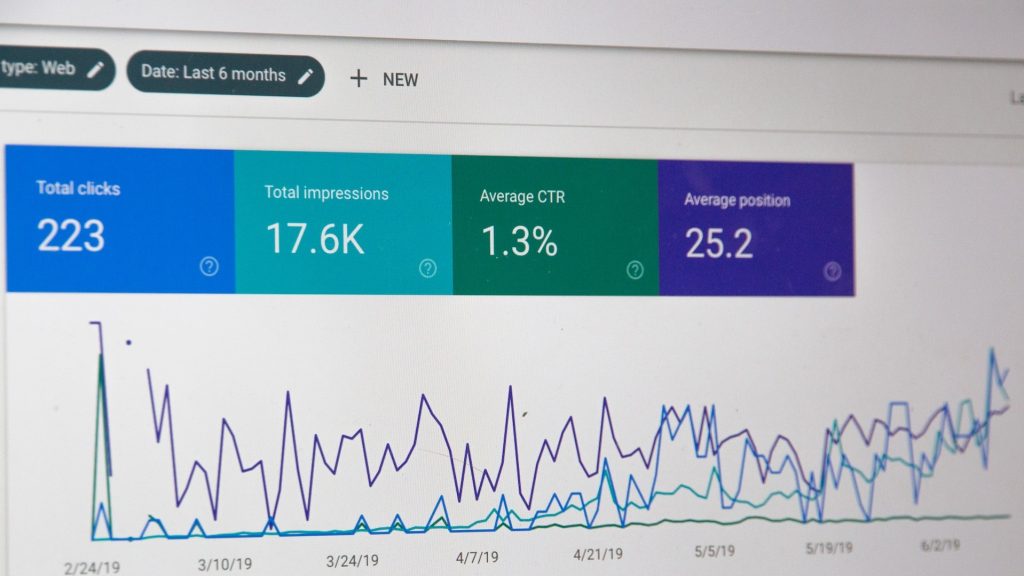When it comes to building your online presence, SEO reputation management is essential. Reputation management plays an important part in ensuring that your customers and other businesses look at you in a positive light. As reputations can take years to build and only seconds to shatter, having a good grasp on how SEO plays into this process is key. This blog post will provide beginners with a comprehensive guide on understanding the basics of SEO reputation management – from identifying potential risks within your industry to implementing effective solutions that help protect and enhance your online credibility. Whether you’re just beginning or are an experienced pro looking for additional tips and insights, we hope this post provides the information necessary for making sound decisions about preserving and improving your digital persona.
Table of Contents
1. What is SEO Reputation Management
SEO reputation management doesn’t just cover the obvious elements like online reviews, customer support, rankings, and mentions. Things like web development also play a role in managing your SEO reputation. That being said, by managing your reputation, businesses can increase their exposure to potential customers, among other things. This critical step helps protect against any potential damage from negative reviews or comments – which can be critical to a company’s long-term success. Therefore, SEO reputation management is an important aspect of any effective marketing strategy because it helps you to maintain a positive image and stay ahead of the competition.

2. Fundamentals of SEO Reputation Management
Understanding the fundamentals of SEO reputation management is a must for everyone looking to succeed in the digital world. Understanding search engine algorithms is critical as they determine what information is indexed and accessible on the web. For instance, these days, search engine algorithms require high-quality content. This involves understanding keyword research and optimizing it for user searches. Most business owners make the mistake of neglecting this aspect of their website. They do this because they don’t understand how detrimental it is. These are some of the common SEO mistakes business owners make, and you should avoid these errors at all costs. Additionally, having knowledge about on-page and off-page SEO factors will come in handy when you are creating an optimized website that has good visibility online.
3. How to Get Started with SEO Reputation Management
When starting with your SEO reputation management, your first step should be to monitor how people interact with your brand. You can start by finding out where the main discourse about your company is happening. Is it on a form? On social media? Once you know where people are talking about your brand, it’s important to analyze what strategies your competitors are using, as well as other influential players in your industry. With this information, you can create an effective strategy to properly manage all aspects of optimizing and maintaining a positive image of your brand. Start by designing a plan that incorporates the best practices for content creation and promotion so that you can ensure maximum exposure.

You may also want to work on your website a bit. If your strategy requires your customers to visit your website, it would be a good idea to make sure that the user experience on your page is the best it can be. Additionally, don’t neglect the mobile version of your website. More than half of all internet browsing is done on mobile devices. Therefore, make sure that the user experience of your website is solid on small screens as well.
4. Monitoring Your Online Reputation
Monitoring your online reputation is an essential part of a successful SEO strategy. That said, the best tool for monitoring brand reputation is Google Alerts. Setting up Google Alerts will help by notifying you whenever someone mentions your brand online. However, it will also help you identify opportunities and problems in real-time. Another thing you can do to monitor your reputation is to review the search engine results pages (SERPs) regularly. When keeping an eye on search engine results pages, it’s important to look for any unfavorable mentions of your company that you might have missed.

5. Maintaining a Strong Online Reputation
As with any professional endeavor, staying up to date on the latest trends and best practices for SEO reputation management is a must. Being informed about changes in the market can ensure that your reputation remains strong and that you can effectively engage with your audience. Maintaining constant communication through social media, newsletters, blogs, and other online avenues is key to ensuring continued success in managing your online reputation. Building trust by being responsive and providing helpful information to your customers or users can help foster positive relationships while keeping you informed of changing trends in the search engine optimization industry. Doing so will not only ensure that your SEO stays up-to-date but will also make sure the quality of your SEO remains at its best. You can do this by:
- Regularly updating the pages on your site
- Analyzing metadata and key phrases
- Optimizing images and multimedia files for better visibility
- Making sure to fix any issues quickly
You should also try to have an active presence on all major social media sites. By following these strategies, you’ll be taking a positive step towards building and maintaining a strong online reputation for years to come.
Conclusion
In conclusion, SEO reputation management is essential for businesses that wish to remain competitive in today’s digital age. Understanding search engine algorithms and using keyword research and optimization are the basics of SEO reputation management, while monitoring your brand across the web requires a good deal of persistence and consistency. To get started with SEO reputation management, develop a strategy for managing your online presence by setting up Google alerts for your brand name and regularly reviewing SERPs so you can identify any potential threats to your online reputation. Lastly, monitoring and maintaining an online presence also involves continually updating content and optimizing website pages as part of an effective SEO strategy. By utilizing these tips, businesses can help ensure their online presence remains strong in a deeply competitive world.


















